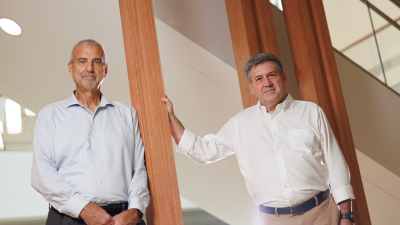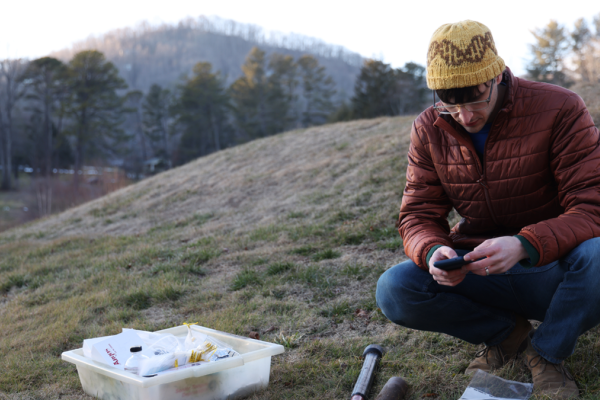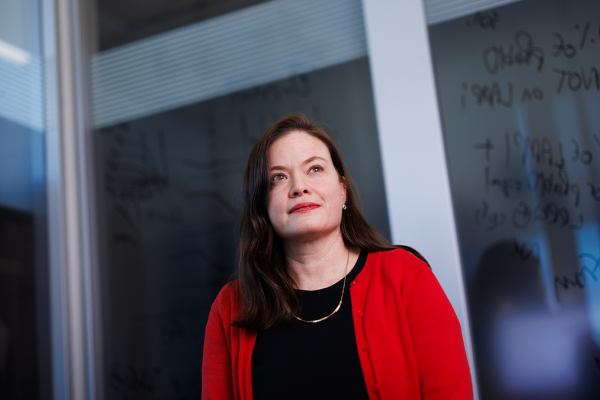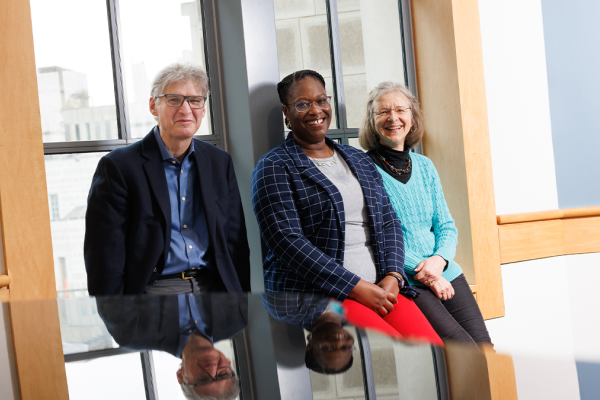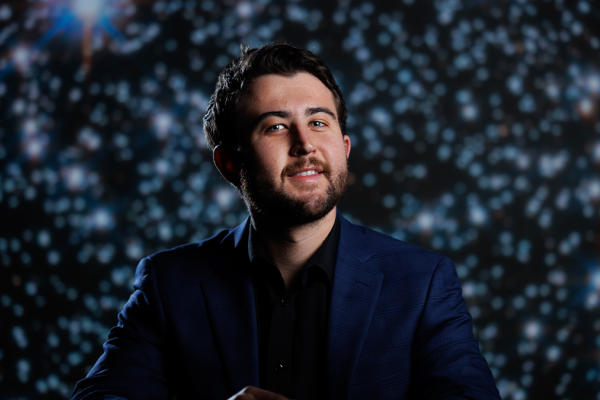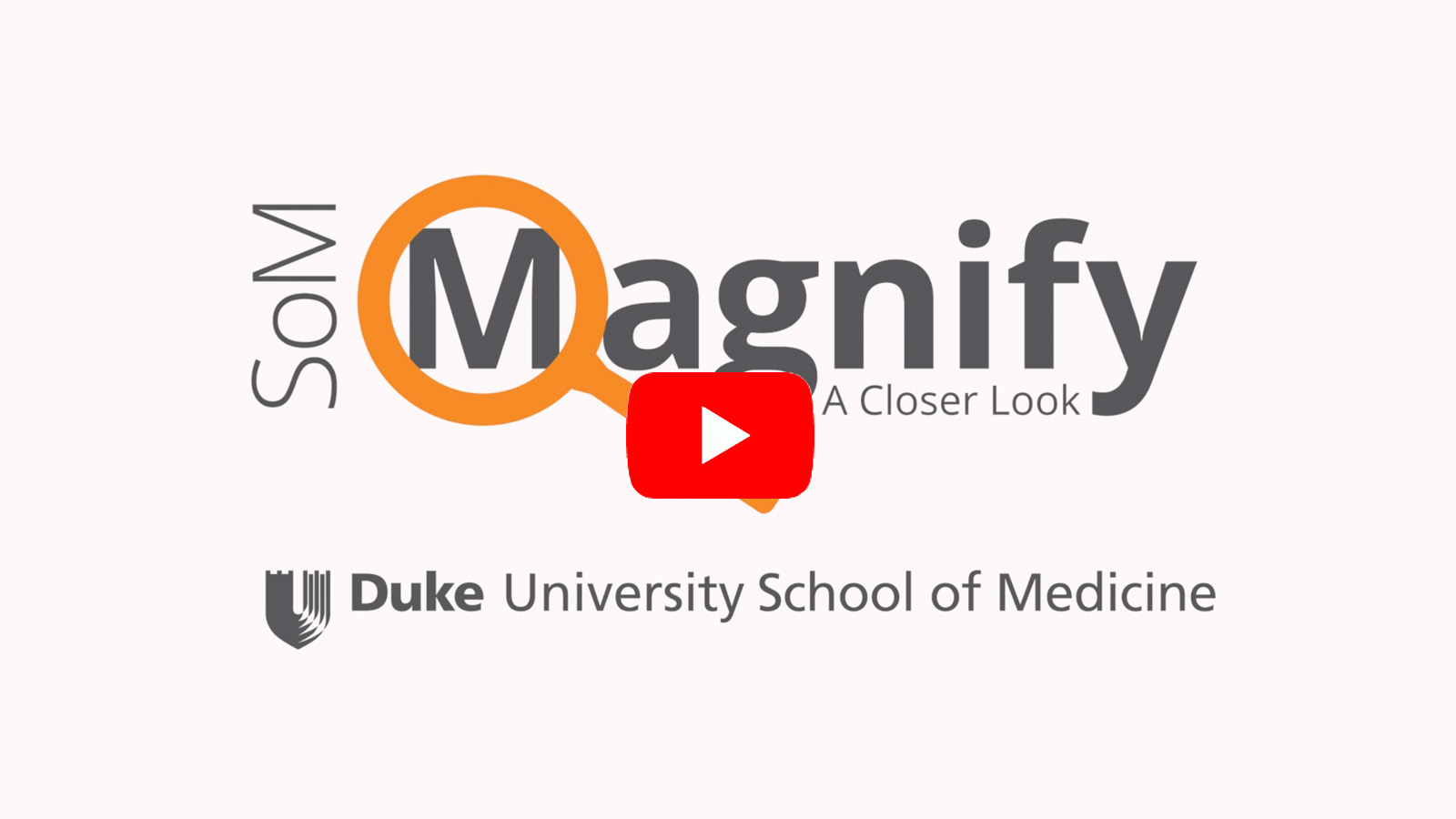Video Highlights
About Magnify
Magnify is Duke University School of Medicine's online magazine, publishing two stories a month focused on the people who make up the School of Medicine community.
If you have an idea for a Magnify story, we'd love to hear it. Please contact Shantell Kirkendoll at shantell.kirkendoll@duke.edu.
Contact the Office of Strategic Communications
Contact a team member in the Office of Strategic Communications.
Contacts for News and Press Releases
For general communications questions or story ideas, please email SOM-Communications@duke.edu.

